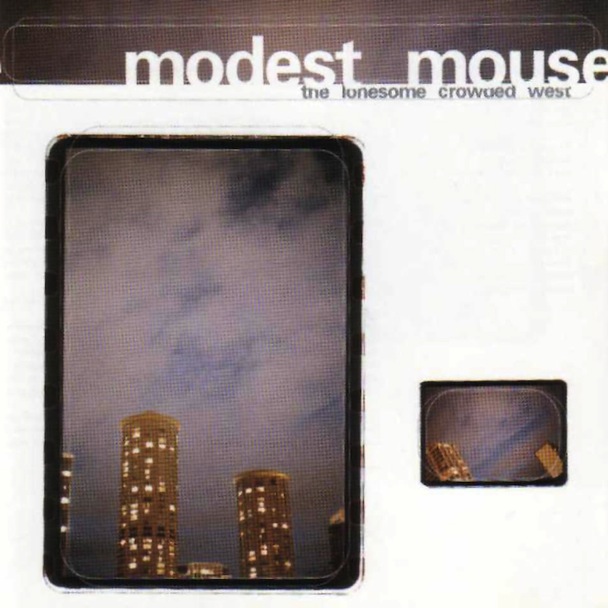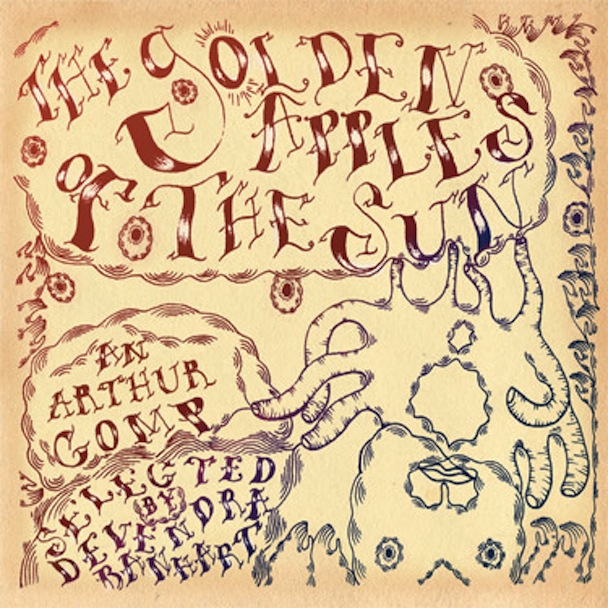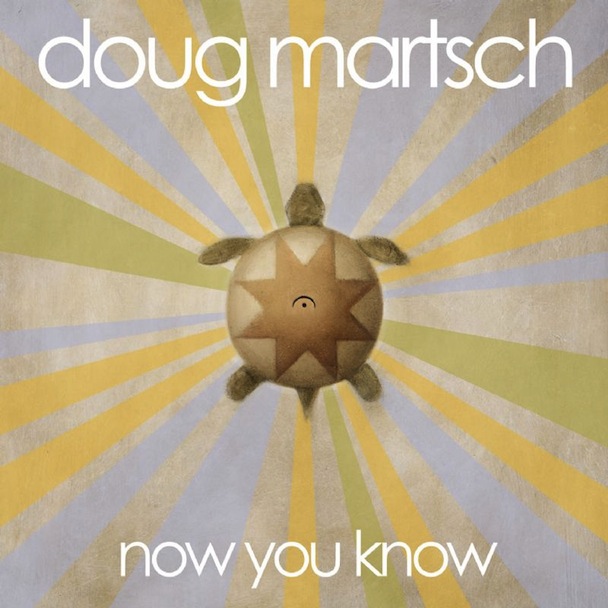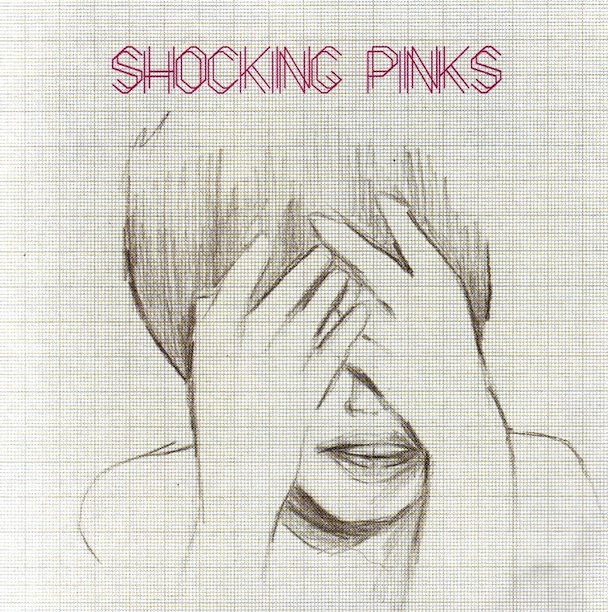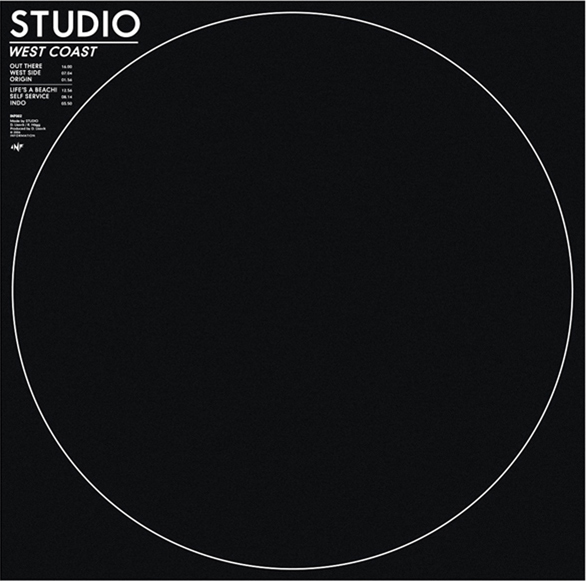Modest Mouse grew up in public, but popular opinion is that they really truly figured it out with 2000's The Moon & Antarctica, creating one of those of albums that points to some just-out-of-reach understanding of the world. Listening to it, I knew I would eventually understand what Isaac Brock was singing about, but I didn't yet. There was emotional honesty there, but it was tempered by exhaustion.
Writing about Shocking Pinks last week got me on an emotional honesty kick, though, so I won't be writing about The Moon & Antarctica, aka Modest Mouse's "adult" record, and instead am going to write about the much sloppier 1997 record, The Lonesome Crowded West.
The Lonesome Crowded West came after the excellently titled This Is A Long Drive For Someone With Nothing To Think About, which also tackled the great loneliness of pre-internet America. The world that Brock is singing about on both of those records was growing with abandon, piling strip malls on top of decayed gas stations on top of strip malls on top of gas stations. Brock and the rest of Modest Mouse, with typically cynical Northwestern humor, somehow managed to find beauty in this ugly twilight of an undefined America.
But unlike the coiled Moon & Antarctica, The Lonesome Crowded West sprawled and tripped over itself. Brock sounded either completely exhausted or beyond destroyed. His songs moved past what he saw in his native Issaquah, Washington, and out into the rest of the country, where he witnessed concrete taking over nature, and structures leveling trees. But Modest Mouse were too inward-looking and neurotic to be a preachy environmental band, so Brock's obsession with the world becoming shitty felt personal, almost like a betrayal.
In the excellent documentary about the record, Brock says that it's about "dehumanizing America," and that seems like a pretty good blanket statement. Over the course of the album, cars break down, parking lots stretch endlessly and a cowboy even takes on god, impotently shooting his gun into the sky. That moment comes on "Cowboy Dan," and features some of the most devastating lyrics of Brock's entire career, the insolent, "God if I have to die you will have to die too," and then later, in heartbreakingly claustrophobic detail, "I didn't move to the city, the city moved to me/ and I want out desperately/ can't do it, not even if sober, can't get that engine turned over over," his voice lilting into serenity, "standing in the tall grass, thinking nothing."
Outside of the whole shooting-at-god part and the semi-fictional Cowboy Dan character (there really is a Cowboy Dan, but he's not the guy in the song), Brock's writing is pretty literal: nature's going, the world is messed up and not getting any better, so what else do do but go down in a drunken ball of anger and impotence? Brock and the rest of the band are frustrated and angry, and there's nowhere for that rage to go except into these songs, which sound like they're held together by string and grit.
Growing up in Seattle, the change that Brock sang about felt very visible. I'm sure we'll all come out the other side of adulthood having witnessed a lot of bizarre environmental changes and seemingly instant gentrification, and we'll probably all be complicit in it too, but when I first heard The Lonesome Crowded West and started looking around, I felt like I'd been smacked in the face. Strip malls dominated, logging towns became graveyards of one dollar chinese buffets that weeded up just outside military bases, towns became little more than diners alternating with Dairy Queens with miles of nothing in between.
The Lonesome Crowded West is about Washington State changing, but it's also a western in the traditional sense—songs twang and brood into a dry, clattering rage. Album opener "Teeth Like God's Shoeshine" plods along to almost nothing, and then explodes into wheezing guitars, paired with Brock's vocals, which don't sound traditionally good. On The Lonesome Crowded West, he sounds desperate for catharsis, aiming for the stars but barely making it to the roof. It's not pretty, but it's honest, and that honesty makes it beautiful, like Modest Mouse were desperately trying -- and failing -- to hold onto that last bit of naiveté.
There are a couple lyrical moments that I used to look at as embarrassing but now feel are essential. "Trailer Trash"'s "And I guess that I missed you, and I'm sorry if I dissed you," and "Teeth Like God's Shoeshine"'s very specific mention of having another Orange Julius, which was a drink you could get at the mall that tasted like a melted orange creamsicle mixed with a handful of sand. A long time ago, these lyrics stuck out as flawed. They meant too much realism was creeping into Brock's blurred landscape. But now, their awkwardness works. It grounds songs that were written by a romantic that would like to be more cynical, but even through a veil of frustration, he still manages to make the open road seem like something to forever strive for.
Though Lonesome Crowded West was the album that made Modest Mouse a great band instead of just a good one, "Dramamine," from This is a Long Drive was the moment that Brock's skill at writing isolation became apparent. It's a bumpy track, appealing for its amateurishness and the way it twinkles and stumbles the same way much of Lonesome Crowded West later would.
On "Dramamine" the world hasn't closed in yet. There are still towns to explore, cities to breeze through, people to leave behind. When Brock sings "We kiss on the mouth but still cough down our sleeves," he sounds confused about the conventions of intimacy. By the time Lonesome Crowded West came out a few years later, Brock's world was composed of endless touring, endless strip malls, and a constant scrabble for meaning in that pavement, as if he'd already figured out the world but wasn't too sure he liked what he'd discovered.
